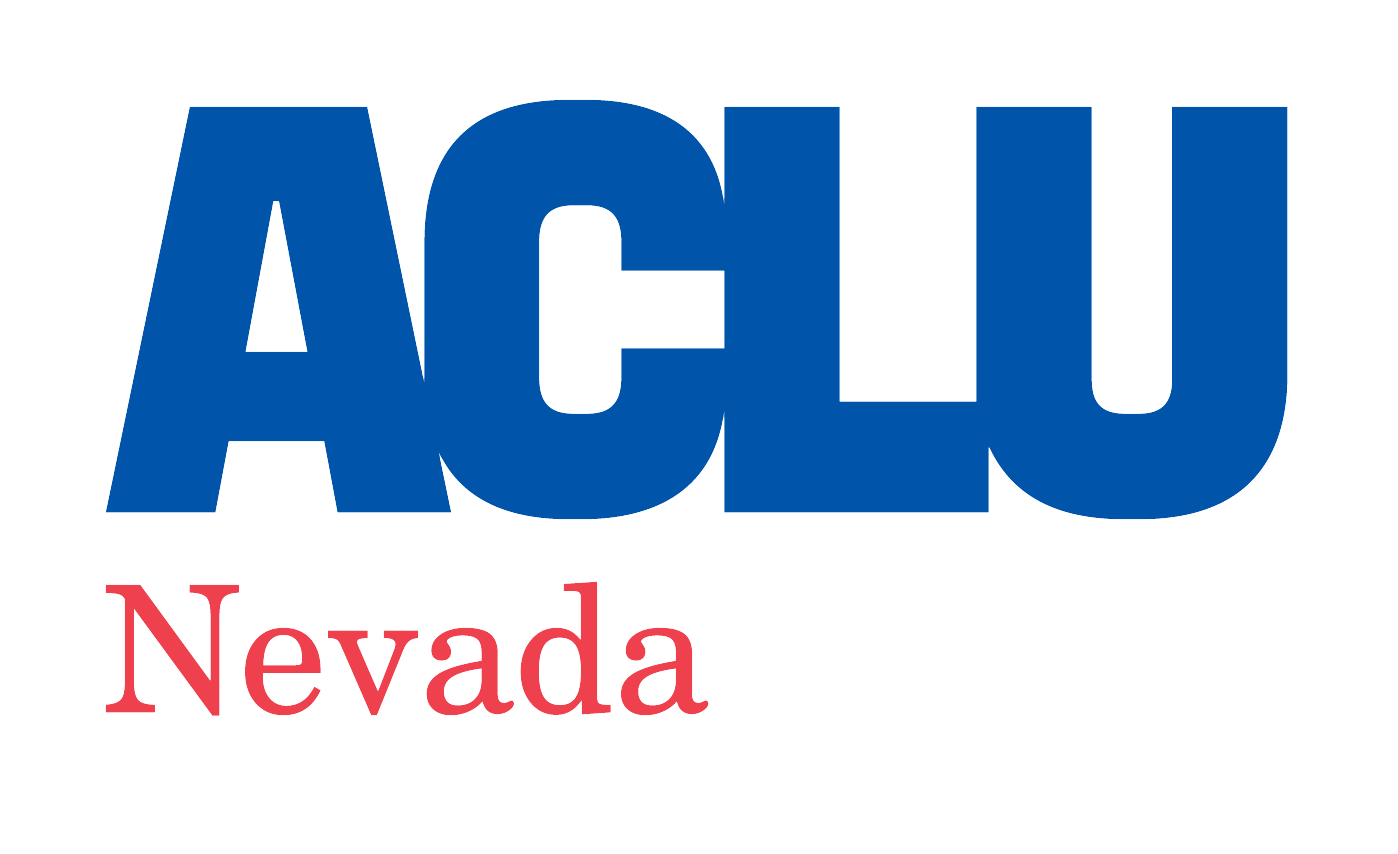An “empty gesture” — that is the term that Rep. Jerrold Nadler, Democrat from New York, used to describe H.R. 5698, the Protect and Serve Act of 2018, which creates a new federal crime for targeting law enforcement officers.
“There is no profession more widely protected under federal and state law than working in law enforcement,” Nadler continued as the U.S. House Judiciary Committee considered the bill last week on the eve of Police Week. Protect and Serve, he said, is a “one-sided approach that presents the strong risk of creating a perception of bias against community-based policing concerns.”
So how did this bill pass the U.S. House of Representatives this week by a vote of 382 to 35? And how did it pass with the support of some of its critics in Congress?
The only explanation is that elected officials are intimidated by the police in the same way that many communities and people throughout this country are scared of the police. Police departments and unions wield a tremendous amount of power, so it’s a constituency that few members of Congress are brave enough to go against, especially when “law and order” rules the day.
But just how tone deaf is Congress?
There is a national conversation right now about the approximately 1,000 fatal police shootings every year. And there is a discussion about Black people and other people of color being policed for living their everyday lives. This disconnect between federal lawmakers and these constituents is evidenced by the Senate’s version of the Protect and Serve Act of 2018, S. 2794, which also creates a new federal crime for targeting law enforcement, with an important distinction. It essentially makes that offense a hate crime and law enforcement a protected class for hate crimes purposes.
The ACLU and more than 40 coalition partners oppose this legislation.
Giving hate crimes protections to police is “profoundly inappropriate” as “hate crimes laws are intended to extend protection to historically persecuted groups,” the ACLU and coalition partners explain in our letter of opposition to S. 2794. Hate crime laws were enacted to address the experiences of people who have lived through a history of systemic discrimination based on a personal characteristic, such as race, religion, sexual orientation, gender, gender identity, and disability.
Law enforcement, however, is not a historically persecuted group. As Radley Balko puts it, police officers “are about as far removed from a vulnerable group as one can imagine.”
The idea of making law enforcement a protected class for hate crimes purposes is deeply troubling, but the problems with the Senate bill don’t stop there. The bill will criminalize all types of interactions with law enforcement that cause — or attempt to cause — bodily injury. As Balko explains:
“[T]hink about a demonstration where police push into a protest line, resulting in pushing and shoving. It would now get pretty easy to start handing out assault charges against the protestors. A politically ambitious U.S. attorney who wants to, say, shut down Black Lives Matter could get a lot of mileage out of this bill.”
And it seems Congress wants to get a lot of mileage out of these “empty gestures” during Police Week. This time last year, the House passed another empty gesture bill, the Thin Blue Line Act, which duplicated existing law that imposes the death penalty for crimes committed against law enforcement, which the ACLU opposed. Last May, the House also passed the Probation Officer Protection Act, which the ACLU also objected to given its expansion of police powers and arrest authority for federal probation officers.
Congress has got to stop advancing these police union bills with no questions asked while police reform efforts go nowhere. In 2016, the bipartisan, U.S. House Working Group on Policing Strategies was formed because as they put it “our nation’s conscience has been rocked by a series of tragic events that has resulted in the loss of too many lives.” The working group acknowledged that “more must be done to end excessive force” and “strengthen police accountability.”
Almost two years later, the working group has not advanced a single piece of meaningful police reform legislation, of which there is no shortage. Many of these very same members supported the Protect and Serve Act. The working group has not even offered the Law Enforcement Trust and Integrity Act, a long-promised bipartisan bill of interest to both advocates and law enforcement. The working group has been called out but to no avail.
So again, here we are, another Police Week, and the only nod to improving the relationship between police and community from Congress was a House resolution that passed Tuesday night. The nonbinding resolution, H. R. 285, expressed that “Congress and the President should empower the creation of police and community alliances designed to enhance and improve communication and collaboration between members of the law enforcement community and the public they serve.”
In the hierarchy of empty gestures, this has to rank near the top.
